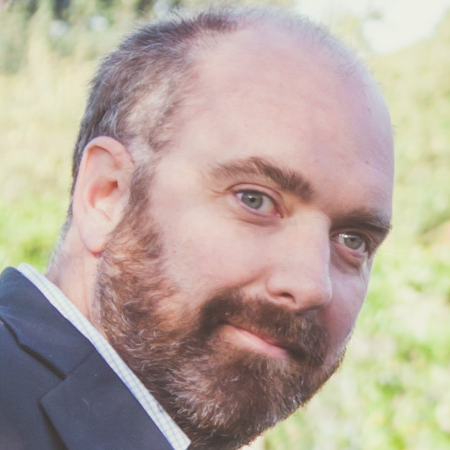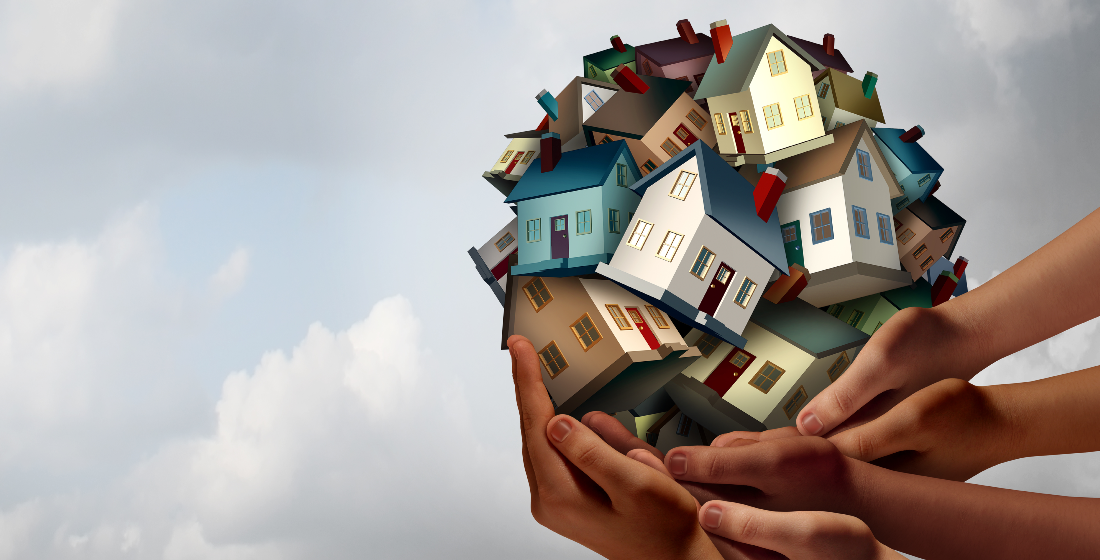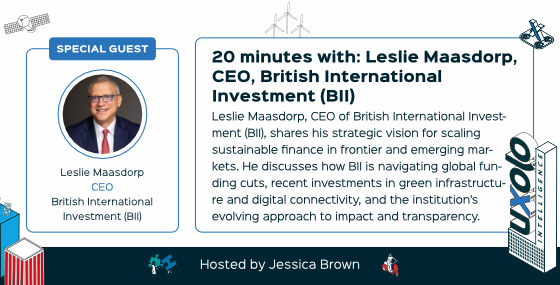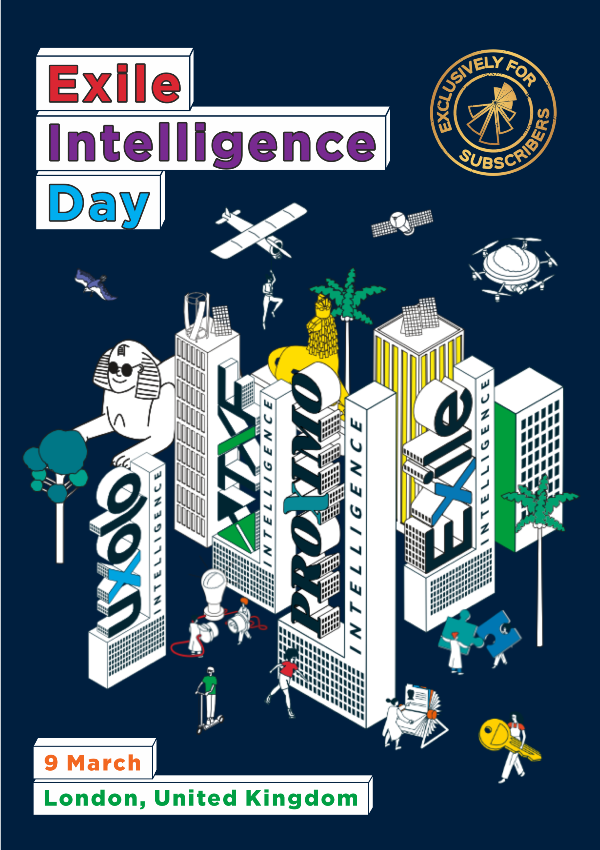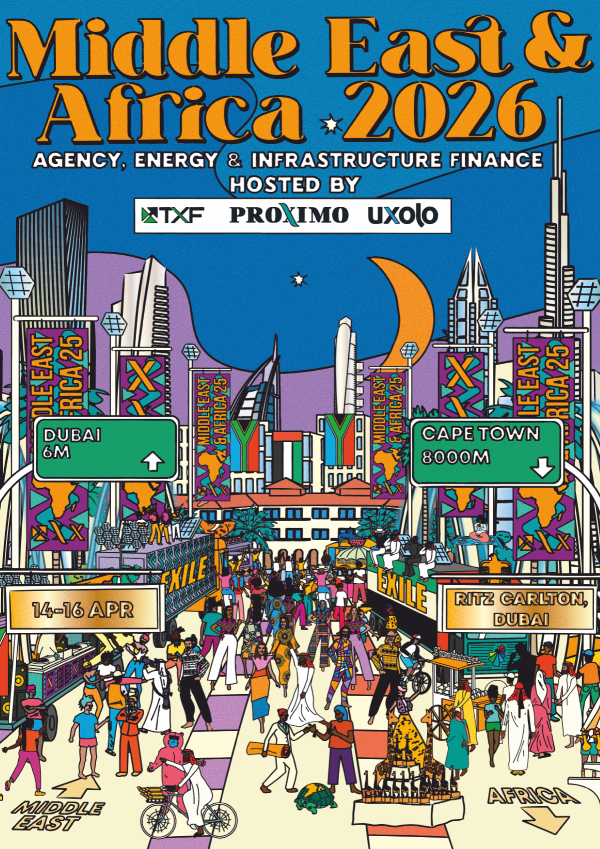Uxolo Awards 2022 and what it takes to be a winner
Size is not everything in development finance – small transactions can be as, if not more, impactful when they are pathfinders to new markets and asset classes, or revolutionise the way traditional development projects have been financed. Last year's CEOG deal is a prime example - an award winning transaction that punched way above its size.

Following Uxolo’s debut awards for achievement and impact in 2021, submissions are now open for 2022. To make the submissions process smooth, our team has compiled a short step-by-step guide which you can download here. The deadline for submissions is 31 December 2022 and you can download a submission form here or create your own. If you require more information or any assistance please email at submissions@tagmydeals.com.
Uxolo’s set of awards for 2021 ran the gamut from commercial financings with a strong sustainability angle, to DFI-driven deals for sovereigns and non-profits, to impact financings with a strong philanthropic flavour. But behind all of them is the idea that impact is not always about scale.
One of the stand-out deals for 2021 is almost certain to be dwarfed by its immediate successors. It is the first project financing for an asset featuring hydrogen technology, though it is perhaps best described as renewables-plus-long-term storage. Nevertheless, it’s a first opportunity for commercial and development banks to take a proper look at hydrogen, and even on its own terms, is the largest hydrogen-based renewables storage project ever.
There are some very large hydrogen projects at or near market, including Saudi Arabia’s $5 billion Neom green hydrogen plant and the Netherlands’ $10 billion NortH2 facility. These projects will reinforce the narrative that hydrogen will be the preserve of oil majors, national utilities and large industrial users.
But the Centrale Electrique de l’Ouest Guyanais (CEOG) power plant in French Guiana brings together an infrastructure fund, a strategic sponsor and a group of commercial banks for a hydrogen first. It’s also a project with a real impact, in terms of decarbonising an emerging economy’s power sector.
The project, whose sponsors are Meridiam (60%), Hydrogene de France (HDF) (10%) and SARA (Societe Anonyme de la Raffinerie des Antilles, Groupe Rubis) (30%), involves developing a 55MW photovoltaic plant and a 16MW electrolyser to produce 128MWh of storage and a dispatch profile that allows the plant to operate night and day, and reliably displace expensive and dirty diesel generation.
The smaller countries in Latin America and the Caribbean have historically struggled to accommodate either intermittent small-scale renewables or justify larger baseload developments, whether hydro or fossil. Until now, developers have tried to tempt governments into LNG-to-power contracts, but given that most of them enjoy plentiful solar resources, solar-plus-storage has become increasingly competitive, and longer-duration hydrogen offers greater flexibility and reliability than lithium-ion batteries.
CEOG features a high levelised cost of energy of close to €400/MWh, and the financing is dependent on subsidies from French Environment and Energy Management Agency (ADEME). The offtaker is French utility EDF, the largest sponsor is a Paris-based infrastructure fund, and the lenders include SMBC, BNP Paribas, CIC, Bpifrance, as well as the EIB and the Agence Francaise de Developpement (AFD). With the notable exception of SMBC, and to a lesser extent the EIB, the project involves France, Inc, pulling together.
So the solution will not work everywhere, and hydrogen, at least in its infancy, will offer the most potential where intermittency is most severe or where alternative fuel sources are most expensive. Follow-up projects with a similar profile to CEOG are already under development in Mexico, Australia, Indonesia and parts of Africa and the Caribbean, though CEOG is not likely to be operational until 2024.
But this financing is a powerful proof of concept, and will provide lessons for lenders on the vast industrial-scale projects coming to market in Europe and the Middle East. The hydrogen market is maturing fast, so much so that electrolyzer manufacturers are already starting to back up. There are important bragging rights in creating a first in hydrogen, and CEOG deserves all the credit it can get.
The Uxolo awards is our way of recognising the crucial work of all development finance stakeholders of all sizes across the globe. We are looking for firsts and pathfinder deals that demonstrate innovation – both in terms of financial engineering, risk mitigation, diversification of the traditional development funding pool and as practical solutions to real world development problems. Size, country risk, political risk, sector risk and credit strength of the borrower etc will all have a bearing – but innovation will carry the most weight.
Whether you’ve been involved in a first for a technology, a first for a country, or just made an impact where progress was previously considered difficult or impossible, Uxolo wants to hear from you.
